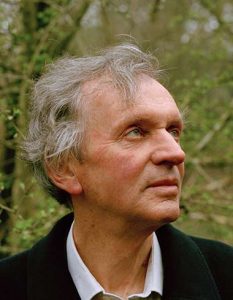Rupert Sheldrake is a biologist and author of more than 85 scientific papers and 9 books, and the co-author of 6 books. He was among  the top 100 Global Thought Leaders for 2013, as ranked by the Duttweiler Institute, Zurich, Switzerland’s leading think tank. On ResearchGate, the largest scientific and academic online network, his RG score of 33.5 puts him among the top 7.5% of researchers, based on citations of his peer-reviewed publications.
the top 100 Global Thought Leaders for 2013, as ranked by the Duttweiler Institute, Zurich, Switzerland’s leading think tank. On ResearchGate, the largest scientific and academic online network, his RG score of 33.5 puts him among the top 7.5% of researchers, based on citations of his peer-reviewed publications.
He studied natural sciences at Cambridge University, where he was a Scholar of Clare College, took a double first class honours degree and was awarded the University Botany Prize (1963). He then studied philosophy and history of science at Harvard University, where he was a Frank Knox Fellow (1963-64), before returning to Cambridge, where he took a Ph.D. in biochemistry (1967). He was a Fellow of Clare College, Cambridge (1967-73), where he was Director of Studies in biochemistry and cell biology. As the Rosenheim Research Fellow of the Royal Society (1970-73), he carried out research on the development of plants and the ageing of cells in the Department of Biochemistry at Cambridge University. While at Cambridge, together with Philip Rubery, he discovered the mechanism of polar auxin transport, the process by which the plant hormone auxin is carried from the shoots towards the roots.